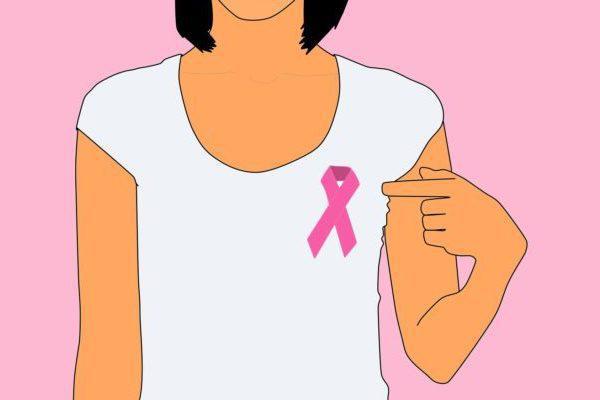Types of Breast Cancer

Strides in medicine have increased our understanding of its many forms
The American Cancer Society predicts that one in eight women will be diagnosed with breast cancer. Although much less common, they predict that in 2019, 2,670 new invasive breast cancer cases will be diagnosed in men. If you or a loved one has been diagnosed with breast cancer, it quickly becomes apparent the term ‘breast cancer’ can have a complicated definition. The last decade has seen huge strides in the disease’s diagnosis and treatment.
An important factor in making such progress has been an increased understanding of the different types of breast cancer. Two useful markers that differentiate the many types of breast cancer are the roles of hormone receptors in the disease’s growth and the location of the disease in the body.
Types of Breast Cancer Based On Receptors
Hormone Positive (HR-positive) and Hormone Negative (HR-negative) Breast Cancer
If a cancer has been labeled HR-positive, its cells have receptors for estrogen and progesterone hormones. Scientists believe these cancer cells grow because they are responding to signals sent by these hormones. If the cancer is labeled HR-negative, the estrogen and progesterone receptors are not present. In addition to isolating the type of hormones that may be driving cell growth, physicians also test for HER2 proteins.
HER2 Positive (Her2+) and HER2 Negative (HER2-) Breast Cancer
The HER2 protein indicates the activity of the HER2 gene. This gene plays a central role in breast cell growth. When there is too much protein present, the diagnosis is said to be HER2+. When little or no protein is present, the cancer is HER2-. HER2-negative cancers tend to grow at a slower rate that HER2+ cancers.
Triple Negative Breast Cancer
Triple negative breast cancer is both estrogen and progesterone negative, as well as HER2 negative. The term ‘triple negative breast cancer’ is not an official medical term, but it is commonly used to describe the approximately 10-20% of cancers that fit into this category. This cancer is associated with the BRCA1 gene and is more likely to affect young people.
Types of Breast Cancer Based On Location
Invasive Lobular Carcinoma
One of the most common types of breast cancer is invasive lobular carcinoma. This cancer is in the breast lobules, which are the areas that produce milk. This cancer most often occurs in women who are 60 years old or older. Unlike other manifestations of cancer that form in lumps, invasive lobular carcinoma spreads in lines though fatty tissue – which can sometimes make it more difficult to detect. Fortunately, it is common for this cancer to be HR+, which means medication can be taken to block the effect of hormones on the cells.
Invasive Ductal Carcinoma
Ductal carcinoma is the most common type of breast cancer and begins in the milk ducts. In many cases it is non-invasive. However, when the cancer spreads outside of the milk ducts, it is then invasive ductile carcinoma. Unlike lobular carcinoma, this disease usually manifests as a mass or lump.
Cancer Treatment
Fortunately, there are now many options available for cancer treatment, and they can be broken down into two broad categories: local and systemic.
- Local treatments concentrate on removing or shrinking tumors in a specific location – without affecting other parts of the body. Surgery and radiation are standard methods for local cancer treatment, and they are frequently used in the early stages of cancer.
- Systemic treatments are drugs taken by mouth or injection that reach cancer cells throughout the body. This type of cancer treatment includes chemotherapy, hormone therapy and targeted therapy. Depending on what is needed, they can be administered before, during or after local treatments. If treating the disease with surgery or radiation is not an option, they may be used as the primary form of therapy.
Have you or a loved one recently been diagnosed with one of the many types of breast cancer and have questions regarding diagnosis or treatment? Our cancer specialists are dedicated to making strides in the fight against cancer. Hunterdon Hematology Oncology is home to the nationally recognized regional breast-care program at the Hunterdon Regional Cancer Center. Call us today to schedule an appointment with one of our oncologists.

